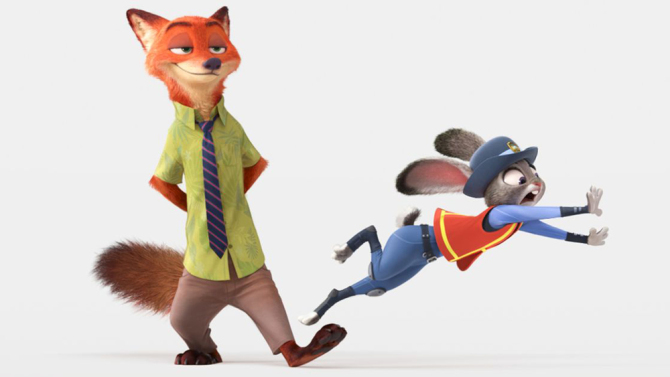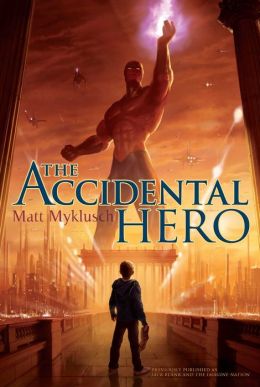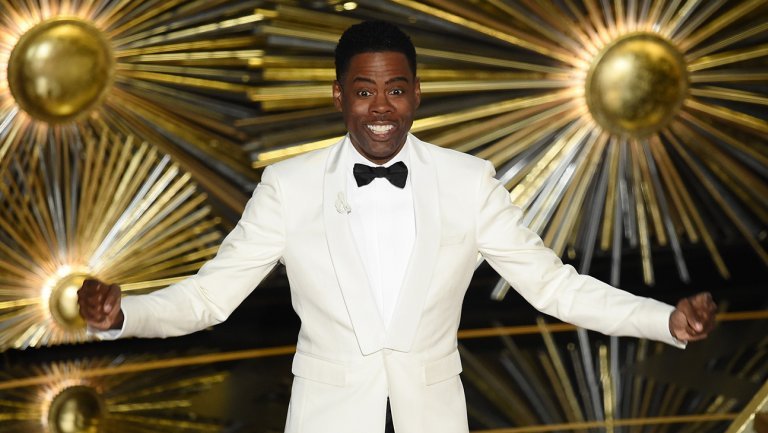By Jason Van Duine

In recent years, Disney on its own never seemed to be able to live up to Pixar. Films like Princess and the Frog, Frozen, Tangled, and Big Hero 6 were all great, but not nearly as great as films like Inside Out, Up, The Incredibles, or the Toy Story trilogy. Yet, in the vibrant, colorful, animal-filled metropolis of Zootopia, it seems as though Disney has finally stumbled upon their best movie in years. As hilarious and creative as it is emotional, Zootopia really does shine as one of Disney’s best.
In a world where humans never existed, animals have taken on the dominant role in becoming more anthropomorphic and human-like, living in a modern society filled with raging technology, hit pop songs, and parking tickets just like our own. One of the most enjoyable aspects of Zootopia was seeing the juxtaposition of the animals acting like humans while maintaining animal characteristics. The sloths are incredibly slow, the wolves are obsessed with howling, and the bunnies are too peaceful for their own good.
We open up on Judy Hopps (Ginnifer Goodwin), a young rabbit from a farm who aspires to become the first rabbit police officer – a profession dominated by more intimidating animals such as tigers and bears. Upon graduating as valedictorian, she moves to the bustling city of Zootopia and is hired as the first rabbit police officer. All is good, right? Wrong. As soon as the other animals are assigned to real cases and she is assigned to parking duty, it’s clear that something fishy is going on. Nick Wilde (Jason Bateman) later explains how “Everyone comes to Zootopia thinking they could be anything they want. But you can’t. You can only be what you are.” Judy attempts to break boundaries by discovering evidence in a case regarding missing mammals, to which Chief Bogo (Idris Elba) gives her 48 hours to solve the case. As a key witness, she brings along con artist fox Nick Wilde to help, because everything Judy wants to prove rides on her ability in solving the case.

The story of Zootopia manages to stay entertaining for the full 2 hour runtime, something that even Big Hero 6 would have failed had it not been for Baymax’s humor. Not only is the truth behind the missing mammals extremely clever considering the film’s concept (something I won’t spoil), but the humor stays on point from the first few minutes until its final moments. To say that Zootopia is Disney’s funniest movie in years would almost be an understatement. Much of its humor can be found hilarious by both children and adults, something few animated movies these days can do. There are tons of pop culture references, my personal favorites being nods towards The Godfather and Breaking Bad. Zootopia even makes fun of Disney’s past movies when Bogo yells to Judy that “Life isn’t some cartoon musical where you sing a little song and all your insipid dreams come true, so let it go.” Its regular humor is hilarious as well. Probably the funniest scene in the movie involves Judy and Nick going into the DMV to run a license plate, only to take forever due to the sloth (Ironically named Flash, voiced by Raymond S. Persi) working there. Zootopia is just a hilarious movie, with its comedy even rivaling that of Inside Out.
But the largest part of Zootopia’s success comes from the delicate balance between humor and more serious subject matter. Inside Out took on complex storytelling by making it a movie about depression. Taking on this relevant and important topic is what made Inside Out so brilliant— it gave the story a level of depth that is not often achieved in a film targeted toward children. Zootopia manages to do the same thing, taking on a controversial and relevant topic – racism and police brutality. This is heard early on in the movie. When Judy is first called cute, she responds, saying “A bunny can call another bunny ‘cute’, but when other animals do it, that’s a little…” Later, it goes beyond simple jokes and satire. Themes of racism are later incorporated within the plot of the movie. I won’t spoil how they do this exactly (it’s too clever to spoil), but Disney takes a clear stance on the issue. With issues of racism and discrimination littered throughout the film, Zootopia (along with Inside Out) might be Disney’s most thought-provoking film.
It’s not only rare that we get an animated film like Zootopia, but it’s rare that we get any film like Zootopia. It manages to bring its bright world to life and make it feel real. Somehow, a movie about an anthropomorphic rabbit and a fox trying to solve a missing mammal case manages to be one of the most entertaining, hilarious, creative, and serious animated movies released in a long while. Never before has Disney taken on themes of prejudice and racism, making it far more worthwhile than previous hits like Frozen and Big Hero 6. Zootopia is by far one of Disney’s best films, and the depth of the story makes it highly engaging and important for young and old alike.





